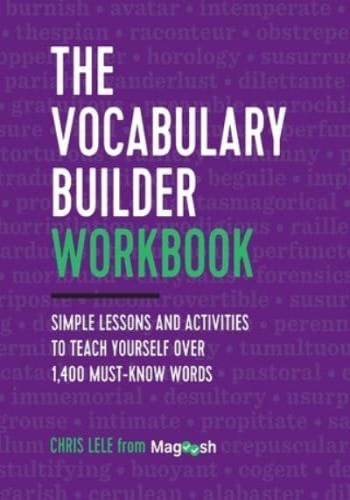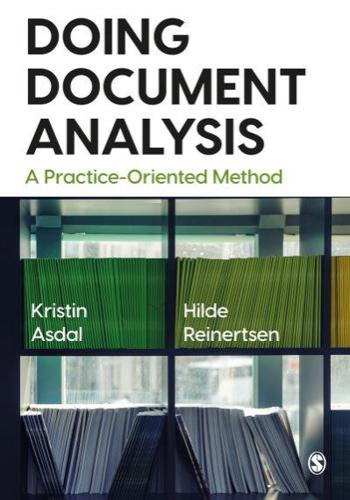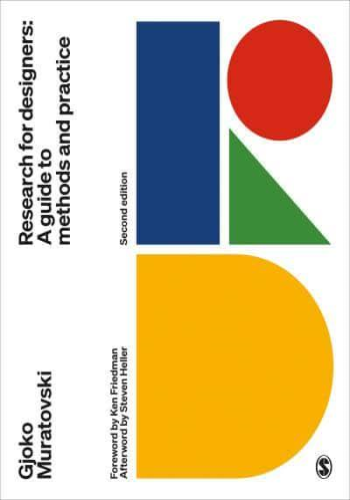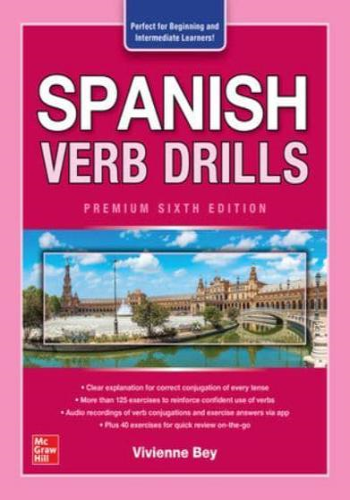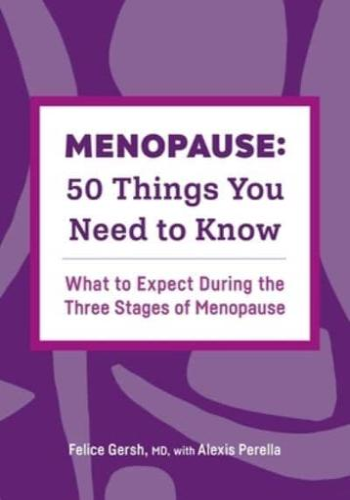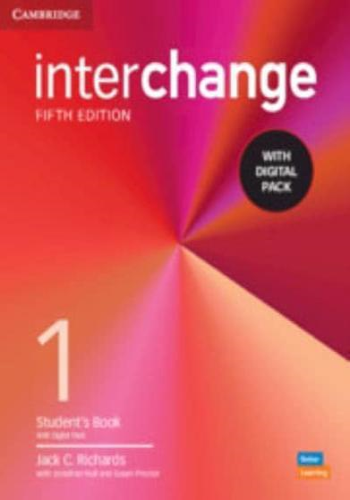Improve your vocabulary with simple lessons and activities
Building your vocabulary requires more than flash cards. That's why leading test-prep expert, Chris Lele, developed a new method for introducing words into your vocabulary. With The Vocabulary Builder Workbook, you'll gain and retain a fundamental understanding of more than 1,400 essential words.
Ideal for those taking the SAT, ACT, or GRE―or for those who simply want to boost their writing and speaking skills― this workbook makes the task of expanding your vocabulary an opportunity for real learning and growth.
This vocabulary workbook includes:
- Expertly designed lessons-Explore lessons organized by theme to help you identify roots, form associations, and recognize thousands of additional words outside of this workbook.
- A progressive approach-Build up your vocabulary with lessons that steadily increase in difficulty for continued advancement.
- Retention-focused activities-Discover exercises designed to help you remember every word long after the test is over.
Increase your vocabulary and become a better reader, writer, and test-taker with The Vocabulary Builder Workbook.

